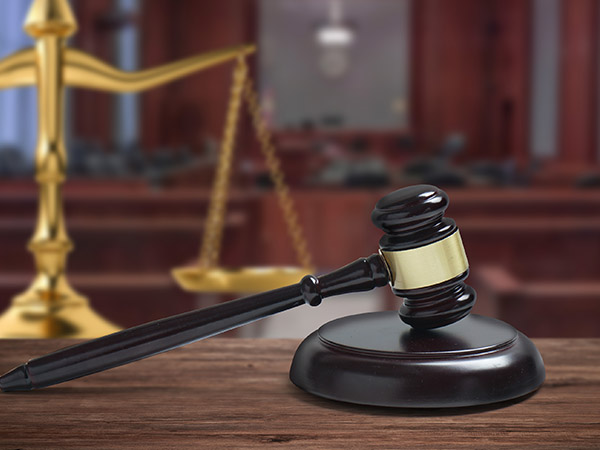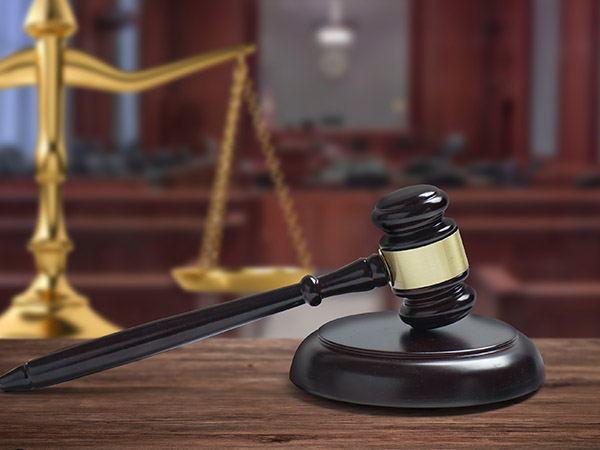Microsoft Xiaobing’s First Fine Arts Exhibition--Copyright of AI Painting Becomes a Focus
Recently, the artificial intelligence girl painter Microsoft Xiaobing held its first solo exhibition at the Art Museum of China Central Academy of Fine Arts. Xiaobing is able to independently complete 100% original paintings after learning from 236 famous western human painters in the 400-year history of human art.
So, does the content generated by AI constitute a work? Is it protected by copyright law? How to position it by law?
“The two basic issues of the Copyright Law are authors and works. Among them, the author is a natural person, a legal person or other organizations with original contributions, while the work is an intellectual achievement with originality and reproducibility.” Zhang Ping, a professor at Peking University Law School, points out that there is no legal barrier for AI to be a fictional author, but the discussion of the copyright issue of AI-generated works should be based on the classification of AI.
Ai Hua, a lawyer of Beijing DeHeng Law Offices said that by the standard of intelligence, AI-generated content can be roughly divided into “passive AI-generated content” and “active AI-generated content”. The results generated by simply reflecting data, and that are not original are “passive AI-generated content”, while the content generated by self-modeling and learning from patterns and factors is “active AI-generated content”. Microsoft Xiaobing can be regarded as a typical “active content-generator” in the current AI field.
Internationally, as early as 1988, the United Kingdom officially promulgated the Copyright, Designs and Patents Act, recognizing the copyright of AI-generated works. The United States mainly adopts two paths to deal with the copyright protection of AI-generated works: First, it avoids the question of whether the author's identity belongs to human beings, and tends to discriminate from the perspective of the object of creation. The second is to make AI program a fictional legal person, so that it becomes the author or co-author, thus solving the problems of source of originality and ownership of right. In addition to the United Kingdom, countries such as New Zealand and South Africa have also recognized the copyrightability of AI creations in legal form.
August 6, 2019
Source: www.zguonew.com
Photo from: 6199pic.com









